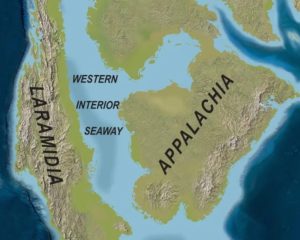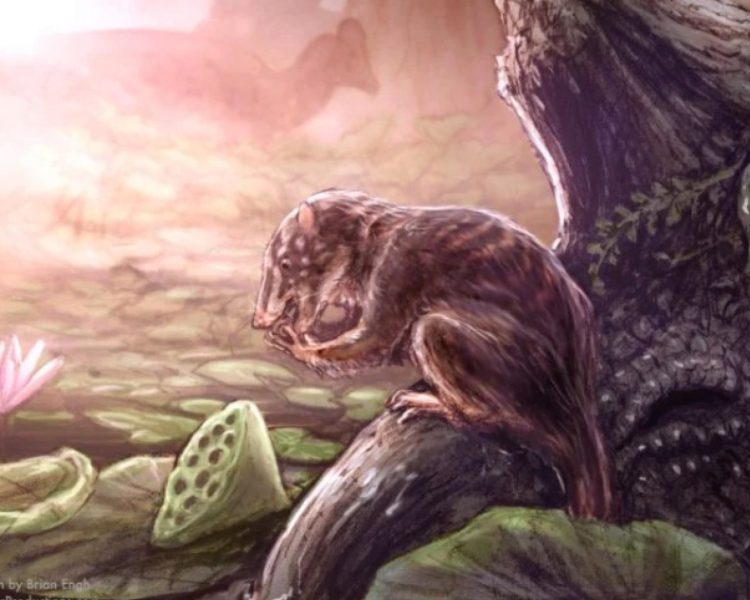
Discovering Colorado’s Ancient “Swamp Dweller”
In a remarkable find, Colorado paleontologists have uncovered a rare fossil mammal, Heleocola piceanus, which lived during the Age of Dinosaurs. Discovered near Rangely, this fossil is believed to have been a “swamp dweller” that roamed the marshy regions of the state roughly 70-75 million years ago. The newly identified mammal, about the size of a muskrat, was surprisingly large for its time and provides fresh insights into the mammals of the Late Cretaceous period.
Led by Jaelyn Eberle from the University of Colorado Boulder, the team made the discovery from a jawbone and molar teeth. Their findings, published in PLOS ONE, offer a glimpse into the ancient Colorado landscape, which was once home to not just dinosaurs, but larger-than-expected mammals as well.
Seventy million years ago, Colorado was vastly different—swamps, estuaries, and creatures like turtles, giant crocodiles, and now H. piceanus thrived. This fossil find highlights the rich paleontological history of the Mountain West and reminds us that even small discoveries can greatly enhance our understanding of the past. Paleontologists continue to urge people to respect fossil finds in public lands by reporting them rather than collecting them, preserving valuable scientific data.












